
Heunicke to Provide Emergency Aid to 20 Fjords
The Minister of Environment names 20 fjords that need to have their water environment improved by 2027. The method is correct, but the timeline is unrealistic, says a professor.

The Minister of Environment names 20 fjords that need to have their water environment improved by 2027. The method is correct, but the timeline is unrealistic, says a professor.

FH sends green accolades to the government for providing a much-needed boost to vocational education programs that play a crucial role in the green transition.
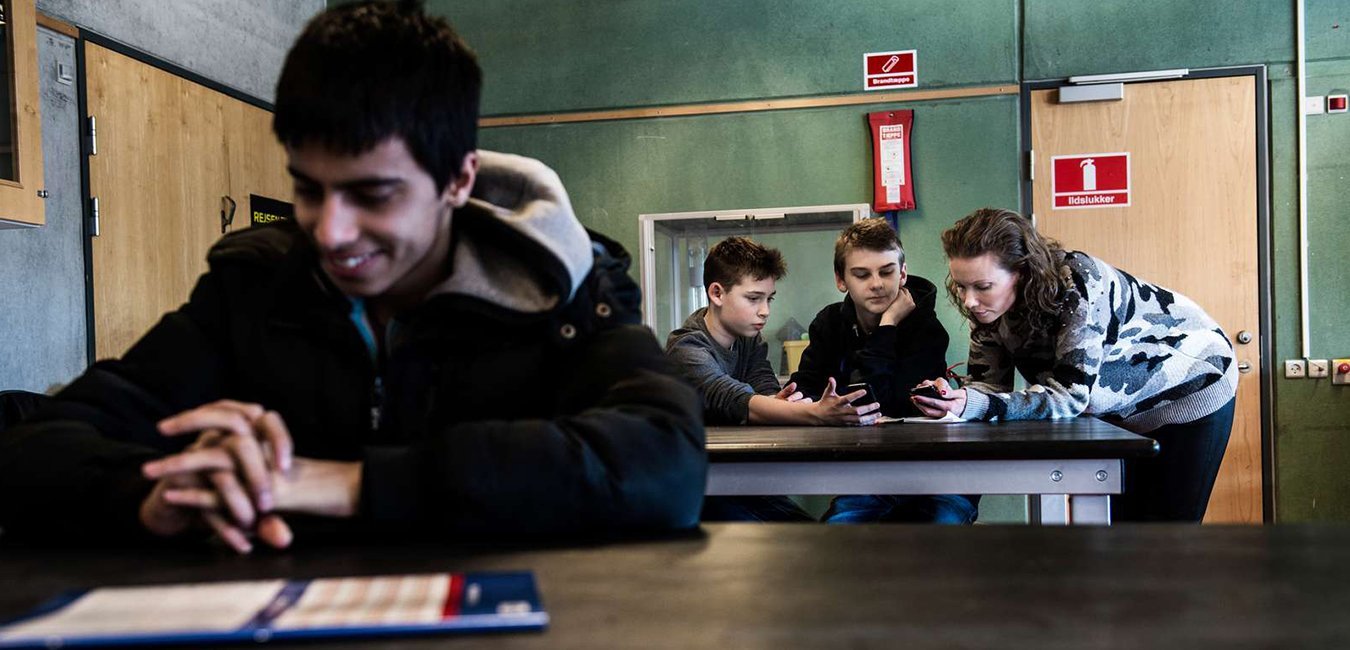
Thousands of Danish children, adults, and elderly spend a significant part of their lives in unhealthy buildings: 70% of municipal buildings have a poor energy label!
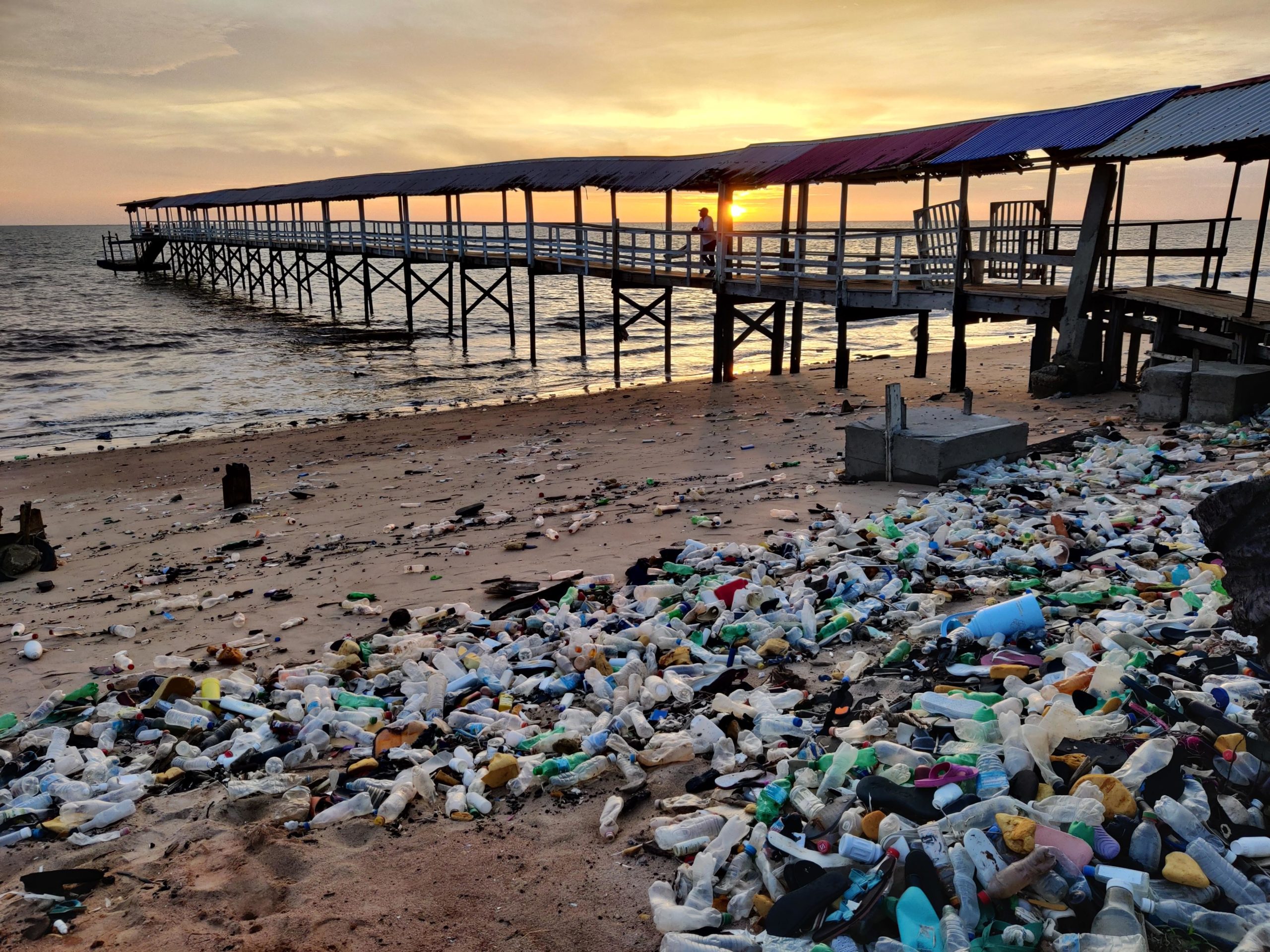
A new report from Oxam Ibis based on SEI research, exposes the vast climate impact gap, with key findings highlighting the disproportionate emissions from the top 1%. In Denmark, this elite group emits as much as 1 million individuals in the lowest income brackets. The report underscores the intertwined issues of climate crisis and inequality, urging responsible actions and compensation from the affluent to address these pressing challenges.

On Tuesday, the European Parliament’s Committee on Employment and Social Affairs (EMPL) adopted a committee opinion on the Commission’s proposal for a regulation on net zero industry. The purpose of the proposal is to streamline zero-emission technologies across the EU, to strengthen the EU’s competitiveness and resilience, while at the same time ensuring a transition to clean energy. In FH, we find it crucial that the proposal is linked to a greater degree with the social dimension
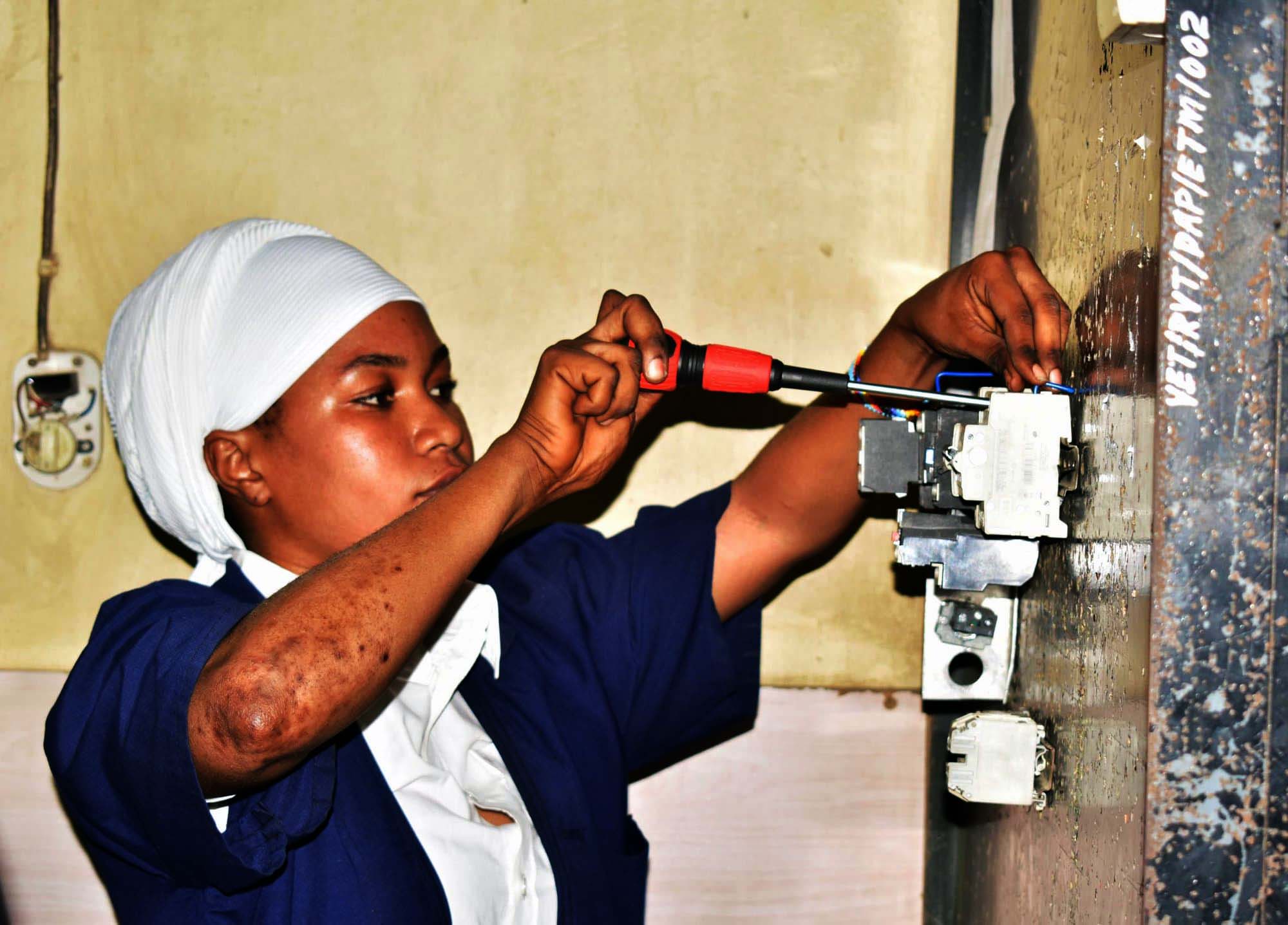
The green transition creates jobs – also in the developing countries. But it requires that we not only focus on technology, but also on education

The Secretariat for Developing Countries has teamed up with Sierra Leone’s main organization, SLLC, on a new project that will contribute to a green and fair transition and at the same time organize workers from the informal economy in the country’s waste sector. Here you can meet Ibrahim Kabba, who after a failed migration adventure has now returned to Freetown and become part of the new project.
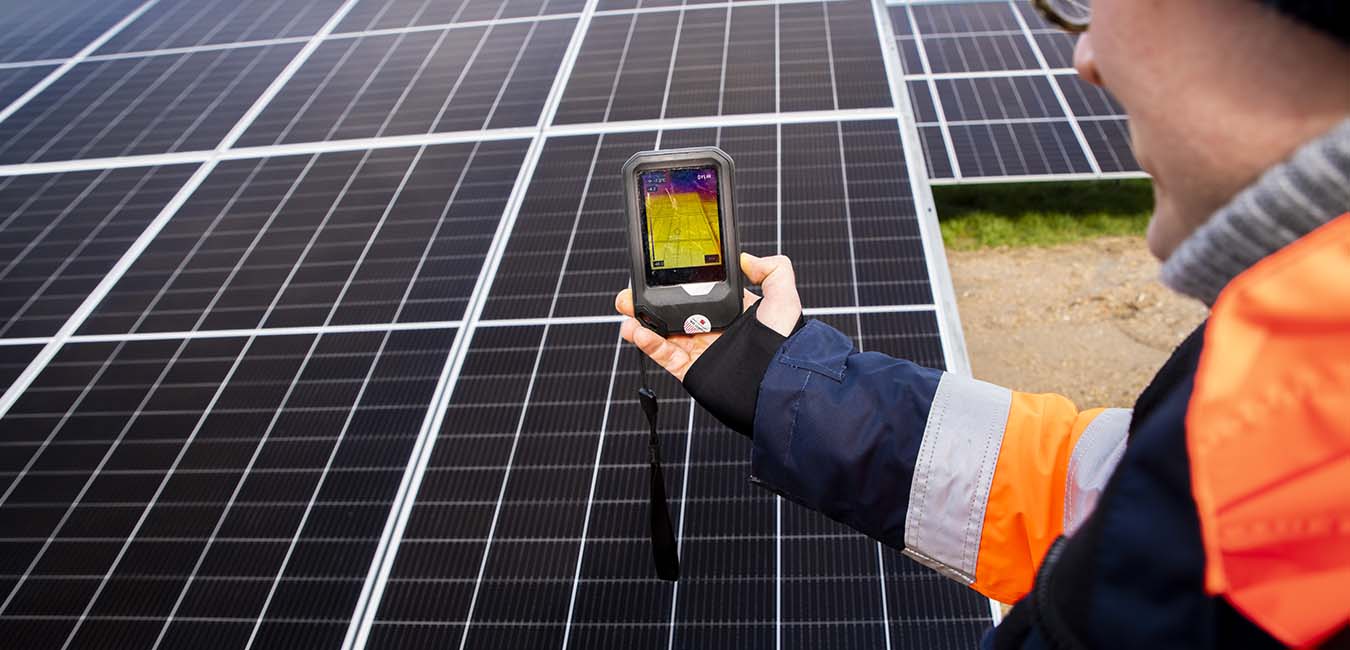
Mismatch between skills and jobs is one of the major challenges in the labor market, especially with the green digital transition. We must address this challenge and ensure that all workers are included in the solution.
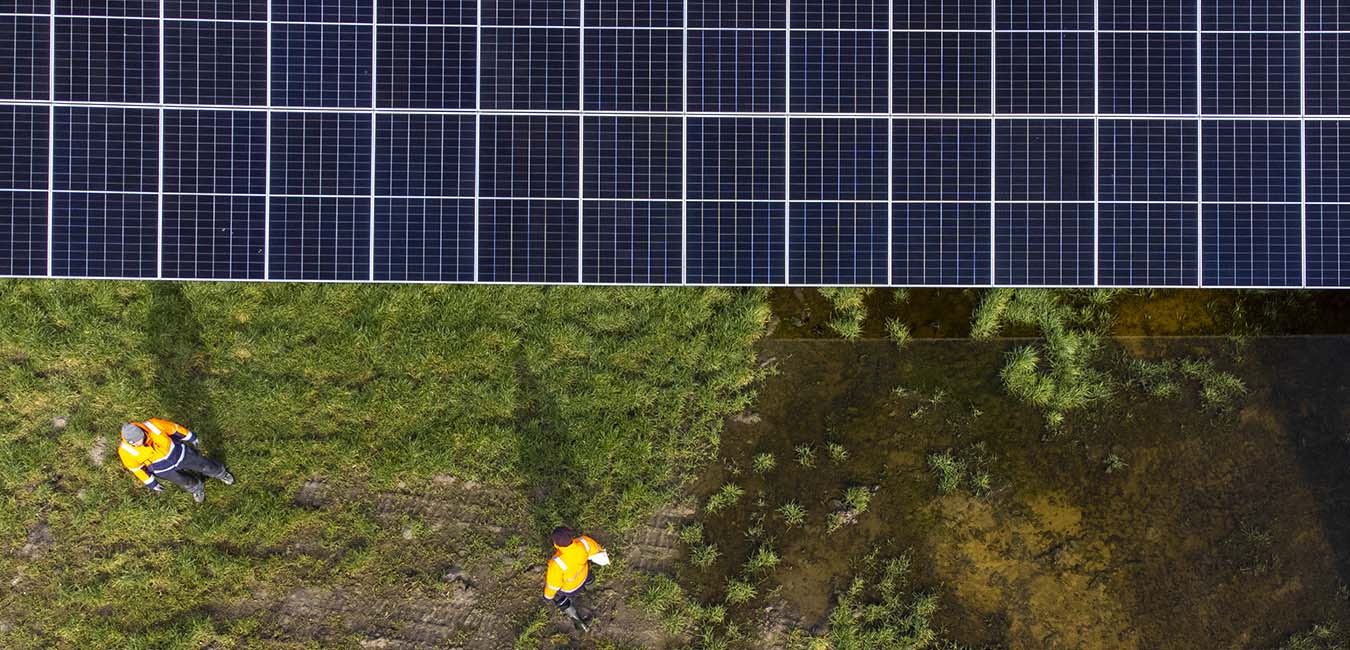
The green transition must never become a burden for lower social classes in society and the workers within the industries affected – this should be a no-brainer. Still, in the European Commission’s recent draft ‘Net-Zero Industry Act’ we do not see the usual social ambitions for a just green transition.

A successful green transition will not work without a workforce with the right skills. Therefore, we must upskill and retrain the workforce so that it is able to make our world greener.